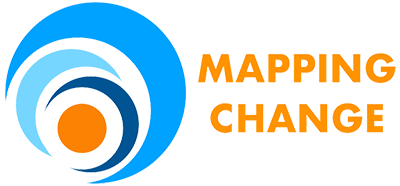Co-Design
Context
Strategies to make the action of the different actors in the field systemic have been discussed for many years now, but there is a structural lack of political will and dedicated resources.
The solution can longer be to focus on the fitful pursuit of the ‘call for proposals’ tool, at least in its traditional and bureaucratic version, rigidly overwhelmed by control and little or not at all able to promote consistent, sustainable and truly participatory, ‘community’ social innovation.
Fortunately, also in the wake of the pandemic, which has accelerated certain trends that were already underway and clearly highlighted the limits of traditional approaches, many interesting experiments have emerged. In both the Third Sector and in the Public Administration.
We refer in particular to all those methods for territorial co-design and co-planning that enable us to start with a common vision and common priorities, to then create – together – the social infrastructure, tools and projects necessary to generate the desired impact, which in turn will lead to targeted interventions that territorial partnerships and the community will take on.
Goals
- Starting from an analysis of the participatory context, develop a Theory of Change capable of defining at outcome level and related result indicators what is the point of intersection in terms of impact between all the actors involved, enhancing the added value of each in a systemic manner.
- Identify the best activities to produce the outputs that will trigger the final outcomes.
- Develop a monitoring and assessment system at output and outcome level, which also serves to boost the feasibility and impact of the entire project.
- Draw up a detailed budget on the resources needed to implement the activities.
- Integrate all the contributions into a single document, emphasising the strengths and tackling the weaknesses.
Tools
- Strategic analysis
- Coordination of all co-planning and co-design phases
- Participatory planning of interventions
- Facilitation of coordination meetings
- Impact monitoring and assessment
- Capacity building

